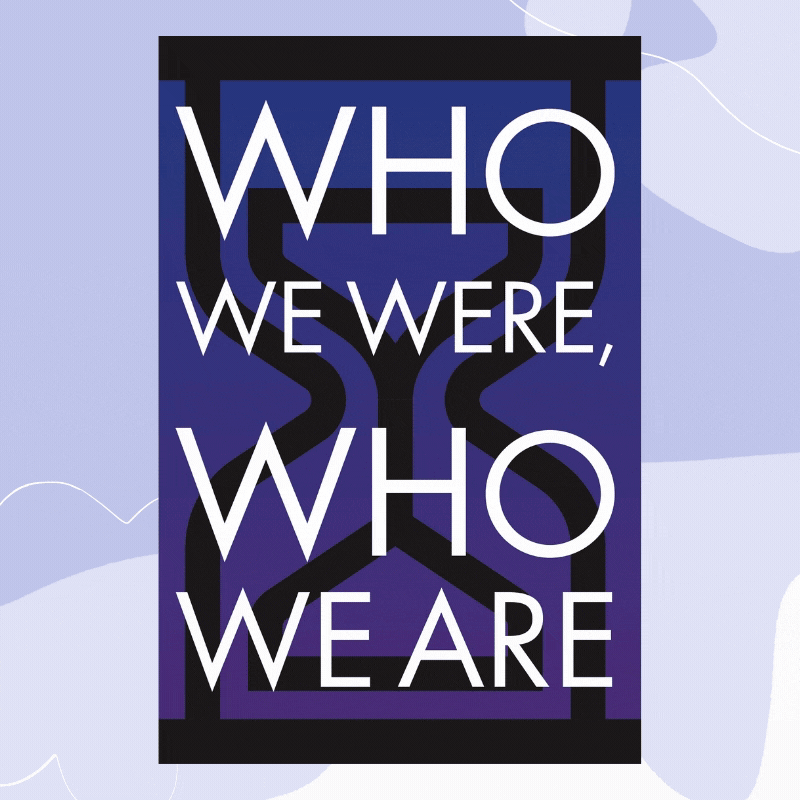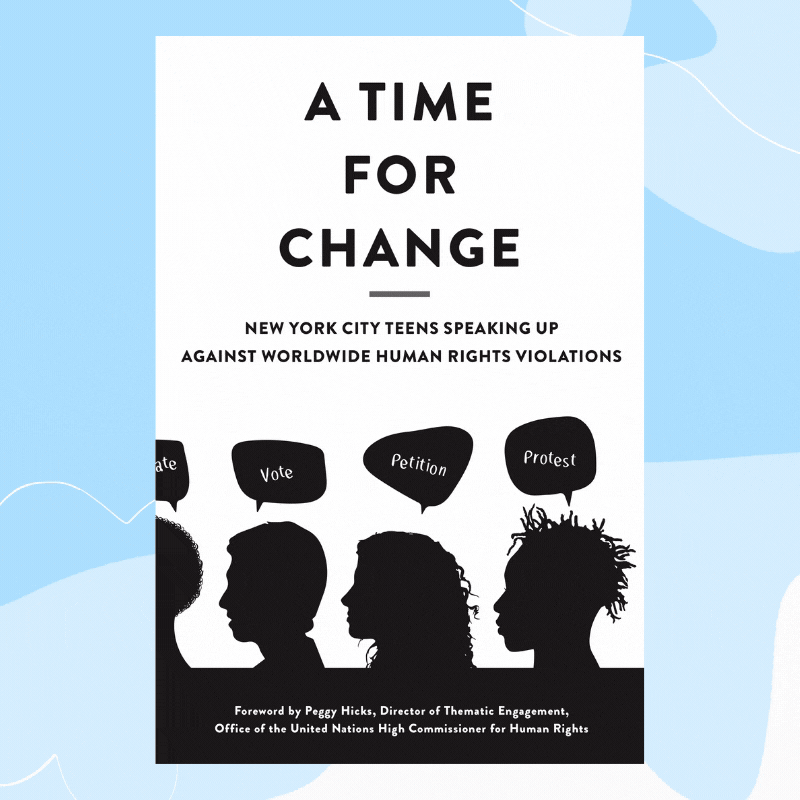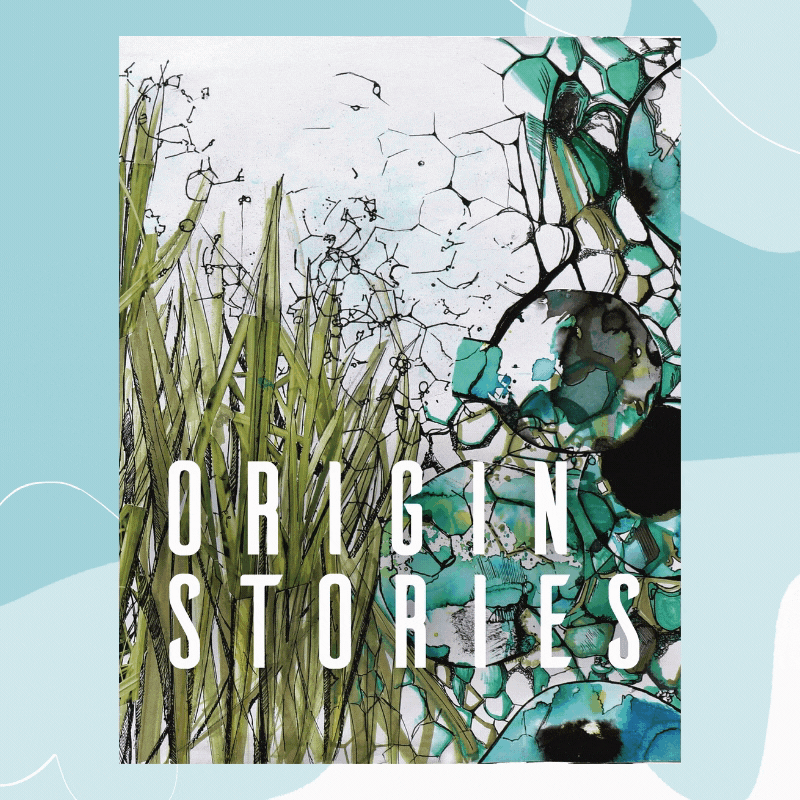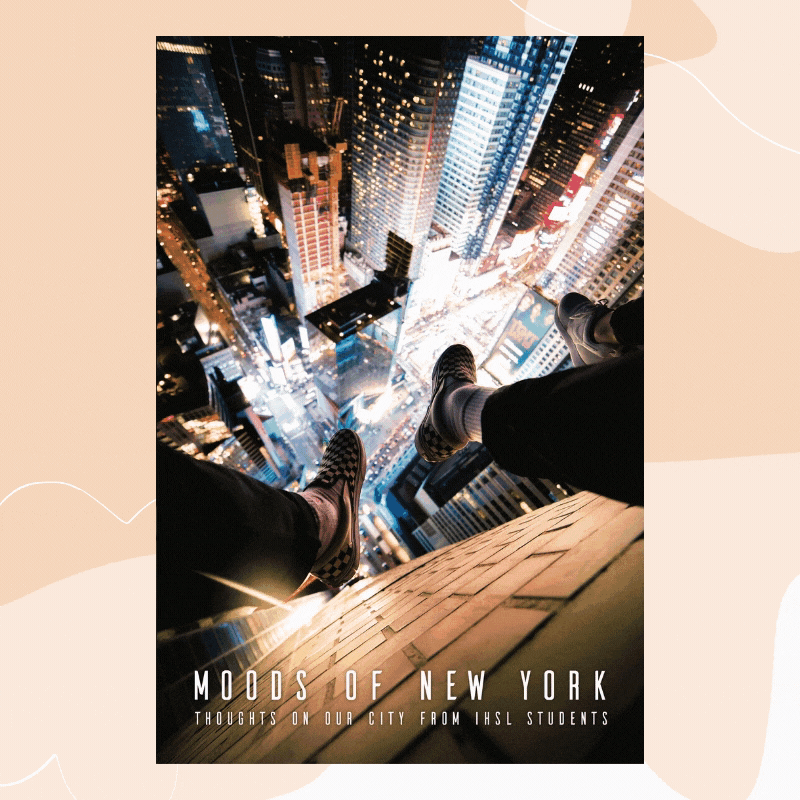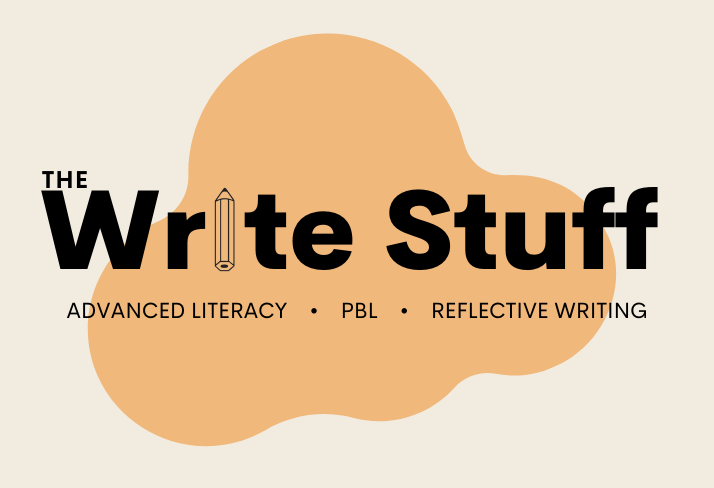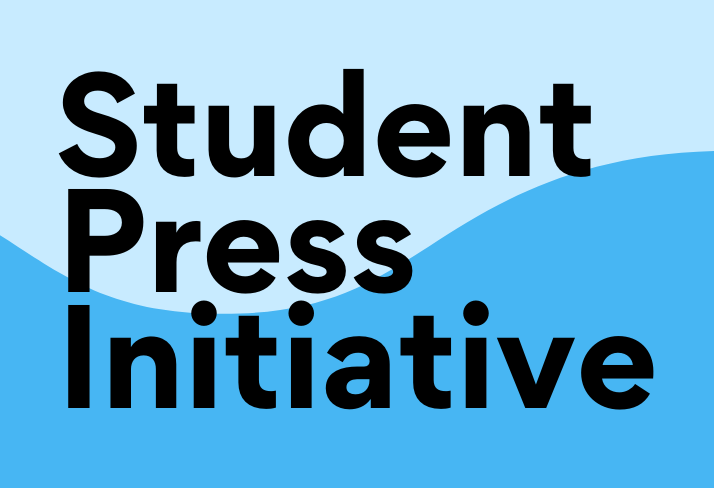|
Writing for publication can create awareness, raise social consciousness, and provide students with essential life skills.
When a student writes for publication, there is a shift in the dynamic between the student and their work. Picture yourself asking a student whether or not they spent a significant amount of time on their writing, only to have them respond, “Why would I spend time on it? It’s just for you.” In contrast, consider a student, who previously considered himself anonymous, telling his teacher, “Mr. Nick, I’m famous now!” after the book he co-authored with his classmates was published. Two very different reactions to a writing experience. How do we understand these two contrasting responses from young writers?
Founded in 2002, the Student Press Initiative (SPI) was designed to develop, foster, and promote writing across the curriculum through student publication, and revolutionize education by advancing teacher leadership in reading and writing instruction. Students transition from “writing for their teacher” to writing for an audience of their choice. To date, SPI has published over 850 books representing the original writing of over 12,000 students. SPI’s core values — project-based instruction, real-world authorship, community of learners, and celebrating student voice — resonate throughout these books. The grounding of these values raise the bar for what, how, and why students write.
Project-based instruction
We believe in using publishing for a real-world audience as a means to design and shape curriculum and expectations, as well as promote student engagement. We employ a backwards-planning model, where a final product is used to form an infrastructure for classroom instruction and activities. Through inquiry of the specific requirements and expectations of each project, teachers and students can better articulate the behaviors, artifacts, and customs necessary for the successful completion of the project — and being that publishing a book is a shared experience, students work together to support and encourage one another in new and powerful ways. Publication projects help to shape the culture, rituals, and routines that take place in the classroom. At the start of a project, a large calendar often overtakes the walls of a classroom, and teachers and students work together to identify the genre, audience, and purpose of their project, as well as establish details and deadlines. This helps establish a strong sense of community and collaboration. This is project-based learning at its best!
Real-world authorship
Real-world authorship shapes our approach to teaching and learning. Whether the audience is a class of incoming freshmen or first-year teachers in training, we work to connect young writers with actual readers. In the SPI model, classrooms become publishing houses in which teachers and students collectively shape an editorial vision. By exploring questions, issues, or concerns that exist in the world, their community, or within a specific content area, teachers and students collaborate to define a meaningful genre, theme, and audience. Writers then work to understand the expectations of their audience as they craft pieces with real readers in mind. No matter the content, there is always a real-world model that can demonstrate student learning with panache and voice that will engage readers. Through participation in a publication project, students develop skills and processes similar to those of professional authors. Students are supported through pre-writing and a gathering of ideas, drafting while consistently revising and editing, and finally, publishing, where they format and polish their writing to prepare for publication. Students experience “real” expectations and deadlines for publishing their book. Through these experiences, a strong sense of excitement, energy and urgency emerges.
Community of learners
SPI challenges traditional notions of “experts” in the classroom. Inspired by the work of Lave and Wenger (1996) and what they call “communities of practice,” we aim to cultivate students’ sense of expertise as writers by engaging in processes such as thoughtful inquiry of mentor texts, peer review, and peer editing. Through such processes, teachers and students work to establish a community of writers, consisting of many experts and many resources for learning and growing as authors. We encourage teachers and students to engage with a variety of texts as they begin to define qualities and attributes of powerful writing. As students learn the skills needed to write successfully, they also become experts in the project’s central theme as they read mentor texts, break genres down into smaller components, and ultimately, craft pieces that represent their learning and culminate in a final publication. A project designed around an in-depth genre study and inquiry invites students into a shared experience, and allows teachers to craft a thoughtful curriculum that addresses specific content and skills.
Celebrating student voice
Every student has a unique voice. Rather than celebrate the work of select students, we aim to celebrate the work of all students, using publication and celebration as a way to leverage and encourage participation. We believe every project should culminate in celebration — whether teachers and students decide to host a large-scale public reading at a local bookstore, smaller readings at locations such as their own school auditorium or classroom, or virtually with classmates, families, and friends. Celebrations — no matter their size or format — are powerful and rewarding experiences, and allow students to proudly share their writing with their community.
Writing can serve as a tool for creating awareness, raising social consciousness, and providing students with essential life skills. Our core values change the perspective and perception of writing for students around the world. These values, deeply embedded in our publications, reflect best practices for teaching writing in the 21st century, and help prepare students to succeed in lifelong learning.
To learn how you can partner with the Student Press Initiative and bring your students' writing to life, please reach out to us here. |
|
The Center for Professional Education of Teachers (CPET) at Teachers College, Columbia University is committed to making excellent and equitable education accessible worldwide. CPET unites theory and practice to promote transformational change. We design innovative projects, cultivate sustainable partnerships, and conduct research through direct and online services to youth and educators. Grounded in adult learning theories, our six core principles structure our customized approach and expand the capacities of educators around the world.
|
ABOUT US
525 West 120th Street, Box 182 New York, NY 10027 416 Zankel Ph: (212) 678-3161 [email protected] Our Team Career Opportunities |
RESOURCES
Professional Articles Ready-to-Use Resources Teaching Today Podcast Upcoming PD Opportunities |
COACHING SERVICES
Custom Coaching Global Learning Alliance Literacy Unbound New Teacher Network Student Press Initiative |



